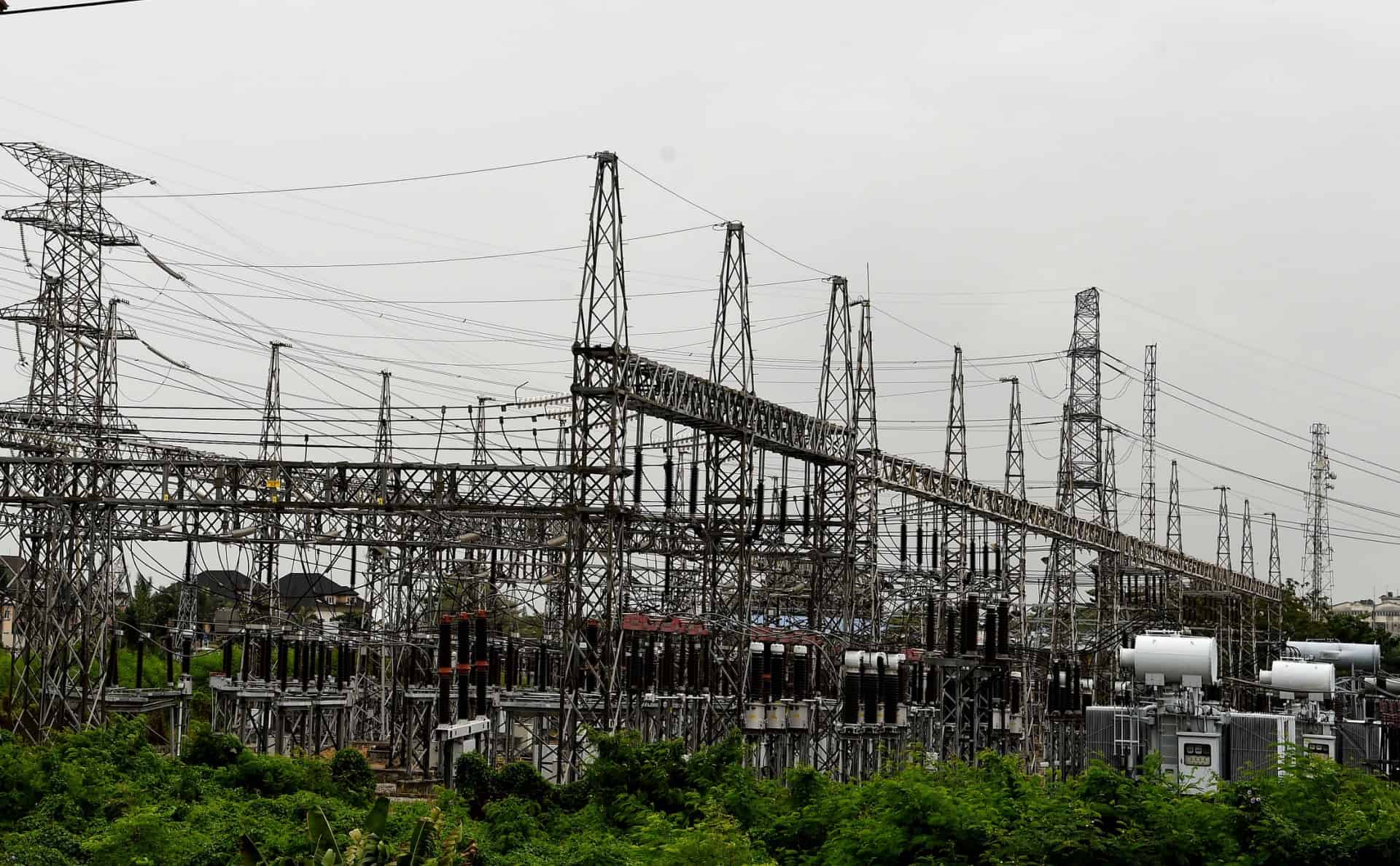Johannesburg, South Africa – Africa’s most industrialized economy South Africa is again facing sweeping power cuts, caused by failures at ageing and poorly maintained infrastructure, the nationalized utility company said Sunday.
The boss of state-owned Eskom Andre de Ruyter announced “a high stage of load shedding this week”, using jargon for planned outages.
On an eight notch scale of rolling blackouts, the country has reached the sixth critical stage.
Residents and businesses will face several outages of several hours daily.
Level six was seen in June in the middle of the southern winter amid an increase in energy consumption and pressure on production.
The rise in temperature since September with the arrival of spring usually leads to a drop in consumption, in particular with reduced heating demand.
Eskom generally takes advantage of the period to shut down production units for maintenance.
But a high number of breakdowns, 45 in the space of seven days, led to a dramatic drop in production.
“Stage six load shedding will remain implemented until sufficient generating units are returned,” Eskom chief operating officer Jan Oberholzer said.
After years of mismanagement and corruption, the public company is unable to produce enough energy for the country, which is regularly plunged into darkness.
Demonstrations against the deterioration of public services are regularly held.
Urging South Africans to use electricity sparingly, De Ruyter called for office lights to be extinguished at night, and for swimming pool pumps and water heaters to be turned off during peak hours.
“If everyone plays their role we can manage demand,” he said at a media briefing.
Developing efficient large-scale generation capacity “will take time,” the CEO added, adding that the possibility of implementing permanent load-shedding slots had been considered but ultimately rejected.
South Africa produces 80 percent of its electricity from coal, creating serious pollution bemoaned by environmentalists.
The country obtained 7.7 billion euros for its energy transition during COP26.








